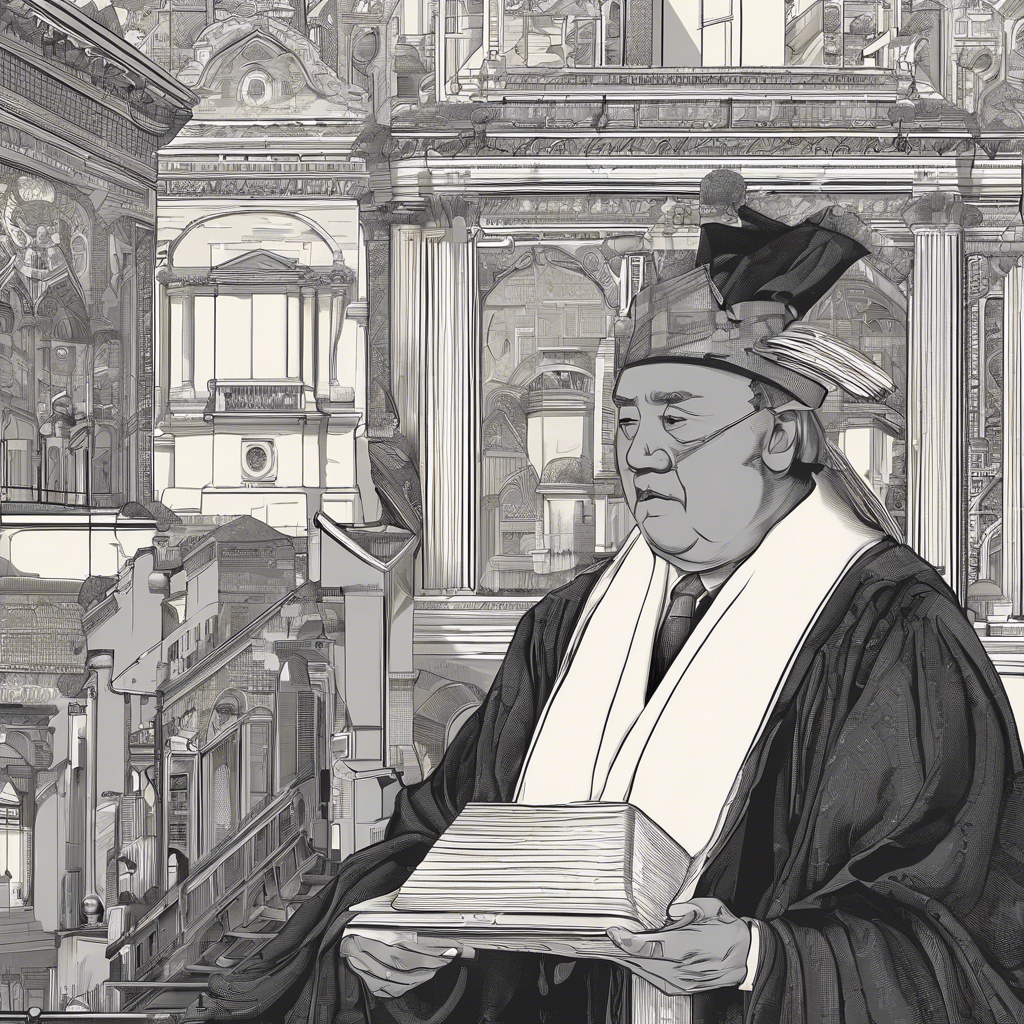What is the highest degree a human can achieve? This question has long puzzled thinkers, philosophers, and scholars throughout history. As humans, we constantly seek to push the boundaries of knowledge and understanding, striving for excellence in our pursuits. While academic degrees offer a structured path for learning and specialization, the concept of the highest degree goes beyond mere academic achievements. In this article, we will explore the idea of the highest degree a human can attain, examining it from various perspectives and shedding light on the limitless potential within each individual.
When we think of the highest degree a human can reach, the traditional academic degrees such as a Ph.D. or Doctorate often come to mind. These advanced degrees require years of rigorous study, research, and dedication in a specific field of study. Achieving a Ph.D. signifies a high level of expertise and contribution to the existing body of knowledge in a particular discipline. However, while academic degrees are valuable markers of intellectual achievement, they are not the sole measure of a person’s capabilities or potential.
Beyond academic degrees, the highest degree a human can attain may be seen as reaching a state of enlightenment or self-actualization. This concept, rooted in psychological and spiritual growth, emphasizes the realization of one’s true potential and inner fulfillment. Self-actualized individuals are driven by a deep sense of purpose, creativity, and authenticity, leading lives guided by their values and beliefs. This transcendent state goes beyond external accolades or achievements, focusing on inner transformation and personal growth.
In the pursuit of the highest degree, individuals may also seek mastery in various aspects of their lives, whether it be in their careers, relationships, or personal development. Mastery involves continuous learning, practice, and refinement of skills to achieve excellence in a particular area. By dedicating themselves to honing their craft and pushing their limits, individuals can unlock their full potential and make a meaningful impact in their chosen field.
Moreover, the highest degree a human can reach may also encompass acts of compassion, empathy, and altruism towards others. True greatness is often measured not by personal achievements alone but by the positive impact one has on the lives of others. By showing kindness, generosity, and understanding, individuals can elevate themselves to a higher moral and ethical plane, embodying the values of empathy and social responsibility.
Furthermore, the pursuit of the highest degree can extend to the realm of creativity and innovation. Visionaries and innovators who dare to think beyond conventional boundaries have the power to shape the course of history and inspire generations to come. By pushing the boundaries of knowledge, creativity, and imagination, individuals can leave a lasting legacy that transcends time and space, influencing the world in profound ways.
In essence, the highest degree a human can achieve is not confined to a single definition or parameter. It is a multifaceted concept that encompasses intellectual, emotional, spiritual, and moral dimensions. By embracing a holistic approach to personal growth and development, individuals can strive towards realizing their highest potential and making a meaningful impact in the world.
As we reflect on the question of what is the highest degree a human can be, let us remember that the true measure of greatness lies in the depth of one’s character, the impact of their actions, and the legacy they leave behind. Each individual has the capacity to reach their highest degree by embracing their unique strengths, values, and passions, and by contributing positively to the world around them. In the journey towards self-discovery and fulfillment, may we all aspire to reach our highest degree and become the best versions of ourselves.

